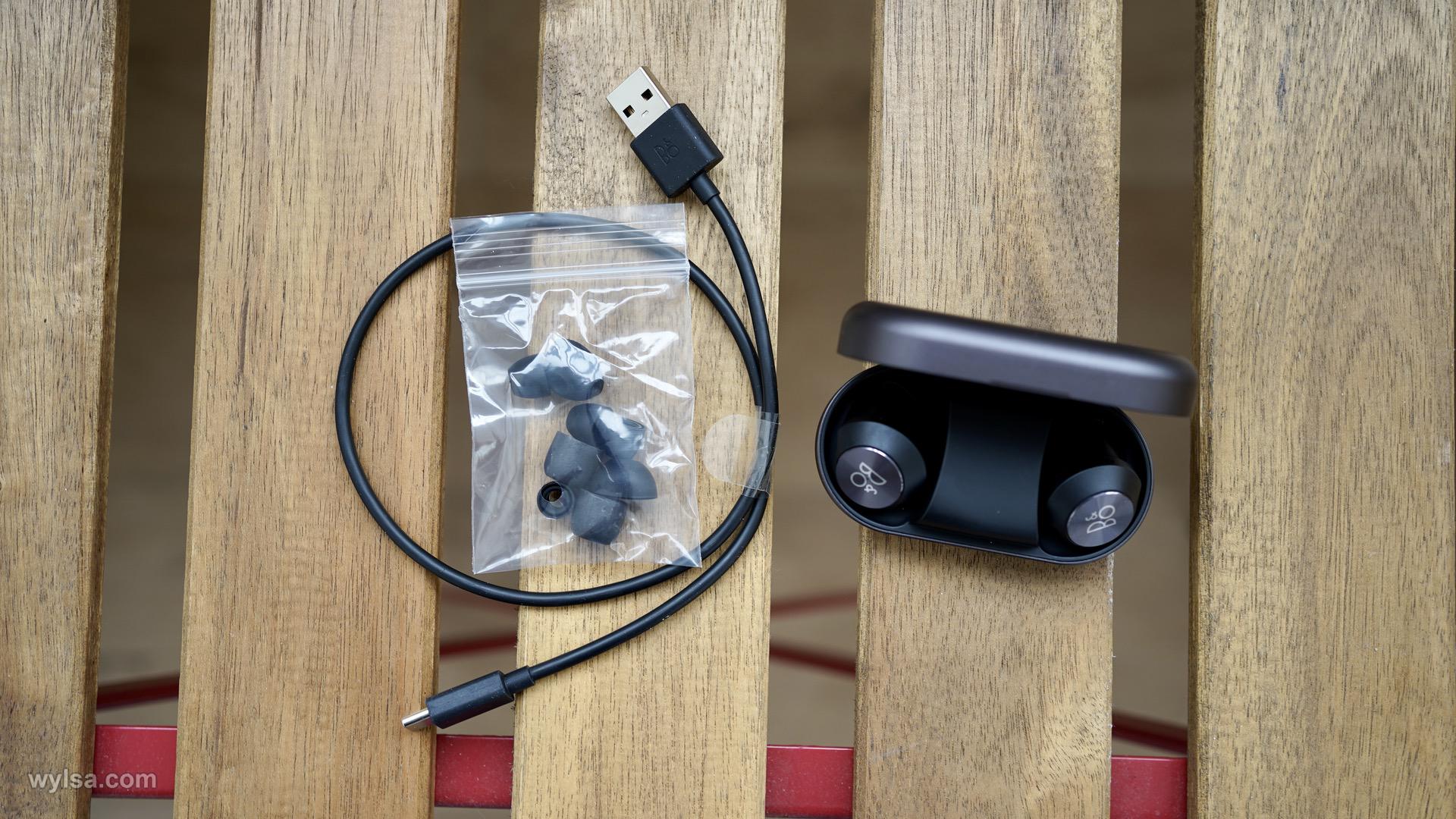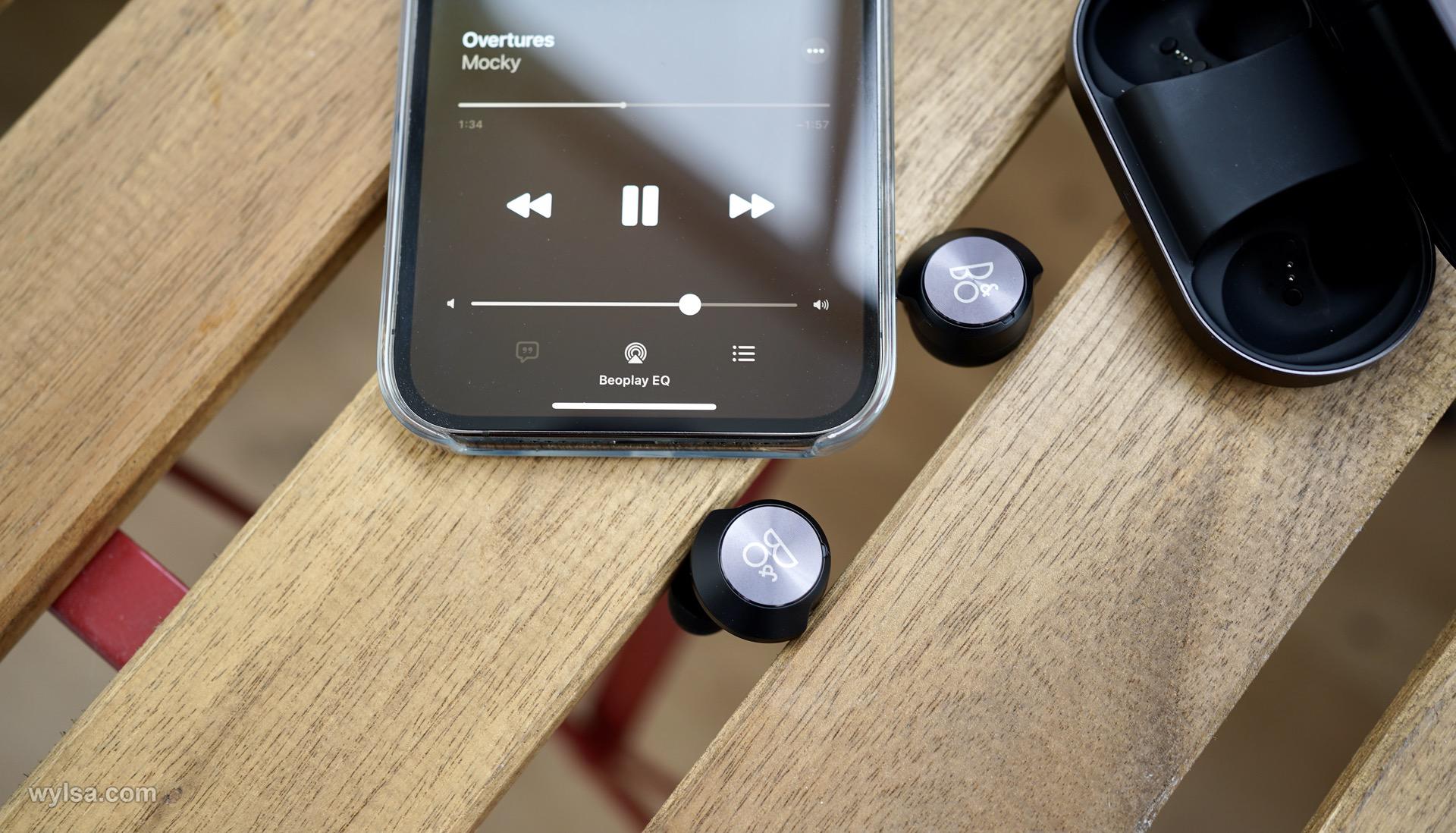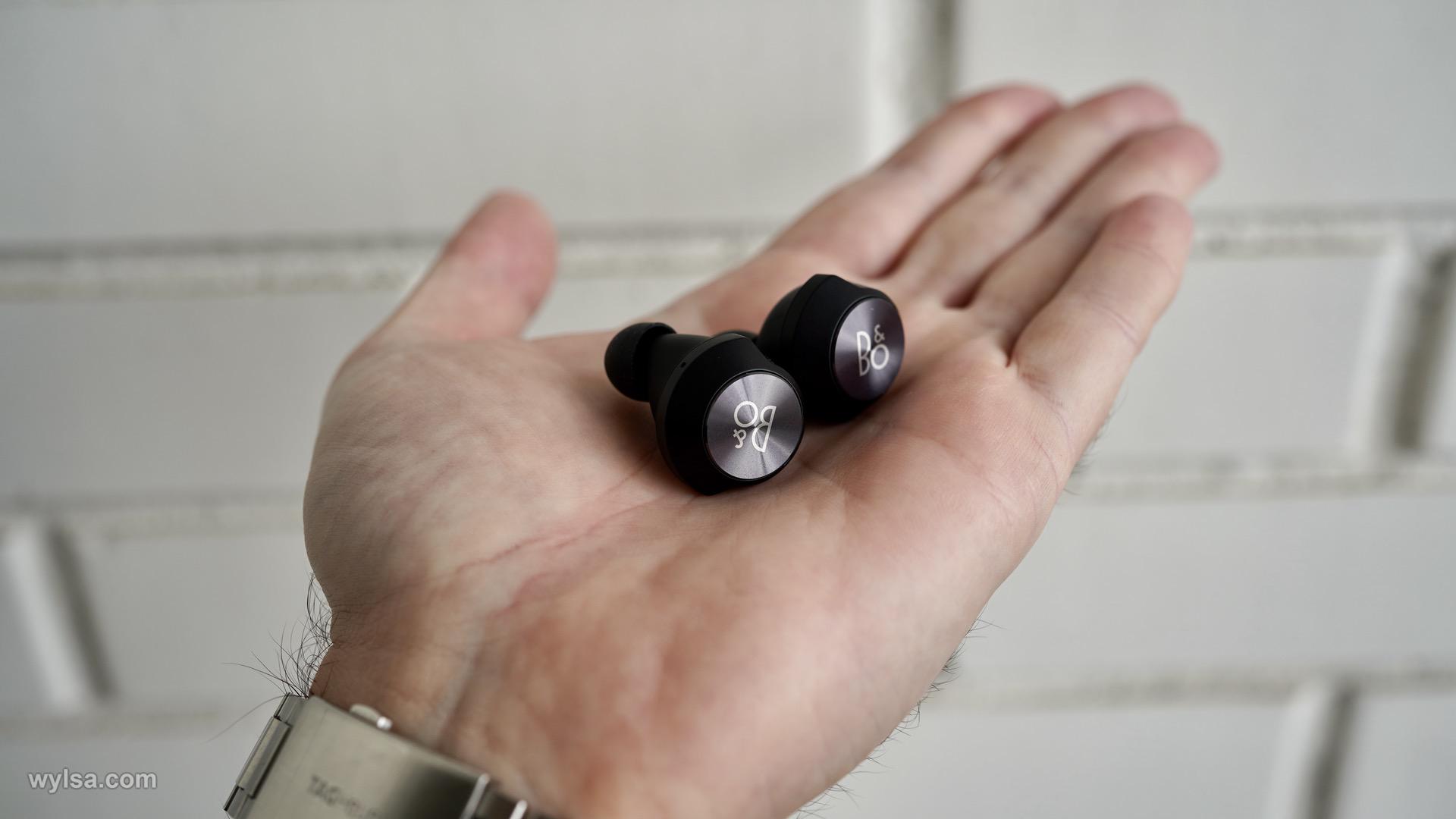Как определить уровень эмоционального интеллекта
Содержание:
- Emotional Intelligence Skills
- How to Use
- Practise reflecting on your emotions
- Impact of Emotional Intelligence
- Importance of Emotional Intelligence
- Tips for Improving EI
- Дизайн
- What Is Emotional Intelligence?
- Музыка
- Assessing your Emotional Intelligence as a Leader
- Potential Pitfalls
- Why Is Emotional Intelligence Important?
- About Vanessa Van Edwards
- What Is Emotional Intelligence?
- Вердикт
- History of Emotional Intelligence
- Emotional Intelligence Quiz
- What is the Difference Between IQ and EQ?
Emotional Intelligence Skills
A high IQ is also something we tend to be born with while emotional intelligence is something we can work to improve. To a large degree, our emotional intelligence starts in childhood with how we’re raised, but as adults, we can take steps to get emotionally “smarter.” Justin Bariso, author of EQ, Applied: A Real-World Approach to Emotional Intelligence, offers seven ways to improve emotional intelligence in an article written for Inc:
- Reflect on your emotions. This is where self-awareness begins. To grow in emotional intelligence, think about your own emotions and how you typically react to negative situations, whether they involve a co-worker, family member or stranger. When you’re more aware of your emotions and typical reactions, you can start to control them.
- Ask for perspective. What we perceive to be reality is often quite different from what those around us are seeing. Start getting input from others to understand how you come across in emotionally charged situations.
- Observe. Once you’ve increased your self-awareness and you understand how you’re coming across, pay more attention to your emotions.
- Pause for a moment. Stop and think before you act or speak. It’s hard to do, but keep working at it and it will become a habit.
- Become more empathetic by understanding the “why.” Try to understand the “why” behind another person’s feelings or emotions.
- Choose to learn from criticism. Who likes criticism? Possibly no one. But it’s inevitable. When we choose to learn from criticism rather than simply defend our behaviors, we can grow in emotional intelligence.
- Practice, practice, practice. Becoming more emotionally intelligent won’t happen overnight, but it can happen—with effort, patience, and a lot of practice.
We live in an age when we can earn a certification in any number of topics to boost our careers, thanks to technology, but sadly we can’t earn one in emotional intelligence. That’s something we have to address as individuals, to recognize it as important, choose to improve it and continue to work on it—probably for the rest of our lives. But the payoffs are worth it as we become better employees, better spouses, and all-around better people.
How to Use
Emotional intelligence can be used in many different ways in your daily life. Some different ways to practice emotional intelligence include:
- Being able to accept criticism and responsibility
- Being able to move on after making a mistake
- Being able to say no when you need to
- Being able to share your feelings with others
- Being able to solve problems in ways that work for everyone
- Having empathy for other people
- Having great listening skills
- Knowing why you do the things you do
- Not being judgemental of others
Emotional intelligence is essential for good interpersonal communication. Some experts believe that this ability is more important in determining life success than IQ alone. Fortunately, there are things that you can do to strengthen your own social and emotional intelligence.
Understanding emotions can be the key to better relationships, improved well-being, and stronger communication skills.
Practise reflecting on your emotions
Does that sound familiar?
If you have had a bad day at work you find yourself scrolling through your Facebook newsfeed for a few hours, you might have already realised you have a problem facing your emotions. When we use vices like technology (or alcohol or other damaging behaviours) to cope with our stresses, we never find out the root cause of our unhappiness uncomfort. Instead, we need to shift our attention into activities that allow us to reflect.
Here are some ideas (you can also search for other great mindfulness activities elsewhere online), but by no means an exhaustive list.
- Yoga
- Meditation
- Setting aside regular ‘tech down’ time
- Colouring
- Crafting (knitting is particularly therapeutic)
- Walks in nature (without your iPod)
It’s important to note here that extroverts and introverts (and ambiverts) tend to deal with emotions differently, so find what works for you and your personality type.
Whatever activities you choose to reflect on your emotions, they should be quiet and away from technology. This will give your brain the time and space it needs to tick over and process your emotions.
Impact of Emotional Intelligence
Interest in teaching and learning social and emotional intelligence has grown in recent years. Social and emotional learning (SEL) programs have become a standard part of the curriculum for many schools.
The goal of these initiatives is not only to improve health and well-being but also to help students succeed academically and prevent bullying. There are many examples of how emotional intelligence can play a role in daily life.
Thinking Before Reacting
Emotionally intelligent people know that emotions can be powerful, but also temporary. When a highly charged emotional event happens, such as becoming angry with a co-worker, the emotionally intelligent response would be to take some time before responding. This allows everyone to calm their emotions and think more rationally about all the factors surrounding the argument.
Greater Self-Awareness
Emotionally intelligent people are not only good at thinking about how other people might feel but they are also adept at understanding their own feelings. Self-awareness allows people to consider the many different factors that contribute to their emotions.
Empathy for Others
A large part of emotional intelligence is being able to think about and empathize with how other people are feeling. This often involves considering how you would respond if you were in the same situation.
People who have strong emotional intelligence are able to consider the perspectives, experiences, and emotions of other people and use this information to explain why people behave the way that they do.
Importance of Emotional Intelligence
Just because you walk through the door and into an office building does not mean you check your emotions at that door before starting work, although it used to seem that way. In reality, emotions have always been in the workplace, but they were to be kept in check, with people pretending not to feel while they were on the clock.
These days, however, we are allowing emotions at work and recognizing the benefits of doing so. And emotional intelligence matters more than it used to because the workplace has changed. Today we work largely in teams, not isolation, for one thing, and savvy companies are realizing that recognizing emotions can exist lead to healthier environments. This doesn’t mean it’s an emotional free-for-all by any means, but it does mean people are more likely to be aware of their own and others’ emotions and act accordingly. People with higher emotional intelligence are also more adaptable to change—a must in our fast-changing digital age.
In addition, leaders with higher emotional intelligence tend to have happier employees who then stay longer, reducing the costs of attrition, and try harder, increasing productivity. An article at cites examples of salespeople with higher emotional intelligence significantly outperforming other salespeople and states that in a study of 515 executives, emotional intelligence was a higher predictor of success than experience or IQ.
Tips for Improving EI
Being emotionally intelligent is important, but what steps can you take to improve your own social and emotional skills? Here are some tips.
Listen
If you want to understand what other people are feeling, the first step is to pay attention. Take the time to listen to what people are trying to tell you, both verbally and non-verbally. Body language can carry a great deal of meaning. When you sense that someone is feeling a certain way, consider the different factors that might be contributing to that emotion.
Empathize
Picking up on emotions is critical, but you also need to be able to put yourself into someone else’s shoes in order to truly understand their point of view. Practice empathizing with other people. Imagine how you would feel in their situation. Such activities can help you build an emotional understanding of a specific situation as well as develop stronger emotional skills in the long-term.
Reflect
The ability to reason with emotions is an important part of emotional intelligence. Consider how your own emotions influence your decisions and behaviors. When you are thinking about how other people respond, assess the role that their emotions play.
Why is this person feeling this way? Are there any unseen factors that might be contributing to these feelings? How to your emotions differ from theirs? As you explore such questions, you may find that it becomes easier to understand the role that emotions play in how people think and behave.
Дизайн
Пожалуй, это самый маленький и самый приятный кейс среди всех TWS-наушников, что мне приходилось использовать. Корпус из металла, стильный световой индикатор, USB Type-C, наушники легко достать и легко положить назад.

Если ждёте типичной для продуктов бренда премиальности — её здесь хоть отбавляй. Даже крышка открывается как-то особенно плавно! Кстати, на фото чехол кажется больше, чем он есть на самом деле.

Чашки, наоборот, кажутся очень большими, но садятся ловко, быстро и мне не доставили проблем. Единственное, я до сих пор иногда путаюсь и укладываю правую чашку в левый паз и наоборот.
НО! Снова вынужден предупредить:
Не покупайте EQ без примерки!
В B&O не хотят ничего менять в плане управления: сенсорные площадки на чашках прекрасно работают при плюсовых температурах, но как оно будет зимой, пока непонятно. Любопытно, что сенсоры позволяют не только осуществлять привычные действия, но и управлять громкостью (двойное нажатие и удержание на левой или правой чашке). Я приловчился — очень удобная штука! Ведь большинство TWS-наушников для управления просят достать телефон, ну а тут его можно вообще не трогать.

Заявленное время работы около 7,5 часов без использования системы активного шумоподавления, ещё 20 часов (то есть примерно три зарядки) даёт кейс. В типичном городском ритме можно вообще об этом не думать: послушал музыку по дороге в офис, убрал наушники в кейс, достал на работе поговорить или сделать что-то ещё, убрал снова. Беспроводная зарядка поддерживается.
Пока наушники выпускаются в двух цветах, это песочный и чёрный. В B&O любят обновлять коллекции, добавляя другие цвета, думаю, ещё увидим наушники белого цвета и другие версии. В том числе подходящие под цвета актуальных продуктов Apple — так уже было не раз, и вряд ли что-то изменится.

На официальном сайте говорится о том, что есть защита от пота — хорошая функция. И на дорожке можно походить, и трусцой в парке побегать. Но вот для бокса или интенсивных занятий не советую. Дужек ведь нет, и наушники могут выскочить от резкого движения.

В целом всё ок. Ещё раз отмечу массивность EQ — хоть в компании и говорят, что наушники можно использовать лёжа на подушке. Я попробовал, и это было не слишком классно. Чашка начинает вдавливаться в ухо, некомфортно.
What Is Emotional Intelligence?
Emotional intelligence (EI) is the skill, capacity, or ability to identify, assess, and control the emotions of oneself, of others, and of groups. It’s a broad time, and describes a combination of different skills, including being able to ready body language, introspection and reflection, and effective communication (both to others, and yourself).
Psychologist Daniel Goleman identified five components that make up emotional intelligence:
2. Self-regulation
Once a person has identified an emotion they are having, they have to learn to control it or make decisions based on it. Self-management is the ability to use intuition or gut feeling to guide decisions based on their emotions. For young people especially, it involves controlling one’s emotions and impulses and adapting to changing circumstances of their environment.
3. Motivation
A passion for what you do is far better for your emotional intelligence. This leads to sustained motivation, clear decision making and a better understating of the organisation’s aims. Being driven by only money or material rewards is not a beneficial characteristic, according to Goleman.
4. Empathy
Not only must you understand your own emotions, but understanding and reacting to the emotions of others is also important. Identifying a certain mood or emotion in a colleague or client and reacting to it can go a long way in positively developing your relationship.
5. Social skills
This is the ability to sense, understand, and react to others’ emotions while comprehending social status, standing and where you are in your social network of people. Actually, teens are quite good at this because social hierarchy often matters the most in High School. The key is tying their heightened social intelligence to their self-awareness and then making positive relationship management decisions. Goleman describes them as “friendliness with a purpose”, meaning everyone is treated politely and with respect, yet healthy relationships are then also used for personal and organisational benefit.
I’d like to add one more to Goleman’s list, which is one of the principles I teach in one of my talks.
Relationship Management: This is the ability to inspire, influence, and develop others while successfully avoiding or managing conflict. This is an essential part of emotional intelligence for us in incidents with bullying or issues with bosses. We have to be able to effectively handle problems without creating conflict.
Музыка
А вот с качеством звука всё хорошо. В основном наушники использовал с iPhone 12 Pro Max, слушал самые разные треки в Tidal, Apple Music и Spotify, использовал Endel (и вам советую). Здесь используется драйвер 6,8 мм, профиль Bluetooth 5.2, поддерживаются самые актуальные кодеки: SBC, AAC и aptX Adaptive.

Но есть пару нюансов. Качество звука Apple Music в паре с iPhone лучше у AirPods Pro, банально больше деталей, чем у EQ. Ну а если использовать с Samsung Galaxy Z Fold3, то мне больше всего понравился звук с Tidal — но это и самая дорогая подписка. В целом, как и всегда, советую вам поэкспериментировать с разными сервисами.
Assessing your Emotional Intelligence as a Leader
A leader with poor emotional intelligence skills will likely make themselves miserable, and the rest of the team – research has suggested that unhappy teams are the most unproductive.
There are 8 biggest symptoms of poor emotional intelligence as a leader. Work through this list, and note how frequently you find yourself doing each of these behaviors.
- Treating people badly (i.e. not saying thank you, not showing respect, being short-tempered or easily angered when someone makes a mistake).
- Not taking responsibility when you have made a mistake or something hasn’t turned out the way you had hoped.
- Breaking your own rules for your team (i.e. checking social media at work, arriving to meetings late, lacking commitment to complete tasks).
- Multitasking to a level that it has become a detriment and the quality of your work is slipping.
- Not telling people the ‘why’ or the ‘big picture’ behind tasks.
- Focussing on one particular goal or deadline and pushing the team so hard that you have forgotten the people behind.
- Giving inconsistent direction.
- Communicating with your team poorly (or not at all).
Identify three of these behaviors that you struggle with the most, and commit to fixing them over the next few months.
Like other skills, emotional intelligence is a skillset you can learn and will make you a better leader and could even make you a better person – you just need to dedicate some time to learning new methods and techniques to help you better identify, understand, and control your emotions.
Want to improve your other skill areas?
- Improve Your People Skills
- Improve Your Body Language
- Improve Your Leadership Skills
Potential Pitfalls
Having lower emotional intelligence skills can lead to a number of potential pitfalls that can affect multiple areas of life including work and relationships.
People who have fewer emotional skills tend to get in more arguments, have lower quality relationships, and have poor emotional coping skills.
Being low on emotional intelligence can have a number of drawbacks, but having a very high level of emotional skills can also come with challenges. For example:
- Research suggests that people with high emotional intelligence may actually be less creative and innovative.
- Highly emotionally intelligent people may have a hard time delivering negative feedback for fear of hurting other people’s feelings.
- Research has found that high EQ can sometimes be used for manipulative and deceptive purposes.
Why Is Emotional Intelligence Important?
Emotional intelligence is an essential part of our day to day interactions and well-being. I think it is important in three major ways:
- Relationships With Others: Having a high emotional IQ helps individuals connect with others and develop deep, fulfilling relationships because they are able to read their companions, and then respond with empathy and compassion. Emotional skills are essential in working and friendly relationships.
- Personal Satisfaction and Contentedness: Emotional Intelligence is not only important for your interaction with others, but also for personal well-being. People who are better able to express themselves and distinguish their own emotions — whether that is guilt, anger, fear or even jealousy, are typically happier in life. They also can gauge their well-being and how they can improve it much more easily.
- Worldview: Emotional Intelligence helps us be empathetic and compassionate. Our emotional button is often what drives us to help another human being whether that is a homeless person on the street or giving a hand to our mother struggling with the groceries. Those who have low emotional intelligence have trouble giving back and understanding the world around them.
About Vanessa Van Edwards
Vanessa Van Edwards is a national best selling author & founder at Science of People. Her groundbreaking book, Captivate: The Science of Succeeding with People has been translated into more than 16 languages.
As a recovering awkward person, Vanessa helps millions find their inner charisma. She regularly leads innovative corporate workshops and helps thousands of individual professionals in her online program People School.
Vanessa works with entrepreneurs, growing businesses, and trillion dollar companies; and has been featured on CNN, BBC, CBS, Fast Company, Inc., Entrepreneur Magazine, USA Today, the Today Show and many more.
What Is Emotional Intelligence?
Emotional intelligence (EI) refers to the ability to perceive, control, and evaluate emotions. Some researchers suggest that emotional intelligence can be learned and strengthened, while others claim it’s an inborn characteristic.
The ability to express and control emotions is essential, but so is the ability to understand, interpret, and respond to the emotions of others. Imagine a world in which you could not understand when a friend was feeling sad or when a co-worker was angry. Psychologists refer to this ability as emotional intelligence, and some experts even suggest that it can be more important than IQ in your overall success in life.
Вердикт
В рознице наушники стоят аж 39 990 рублей. Мне понравился кейс, качество звука, возможность регулировать звук с помощью нажатия на чашки. Но я практически не заметил работы системы шумоподавления, да и прозрачность здесь реализована откровенно странно.

Поэтому вывод мой будет неутешителен. Если хотите TWS с возможностью качественного шумоподавления, то выбирайте или AirPods Pro или Bose QuietComfort Earbuds. Ниже наши обзоры. За это время AirPods Pro стали настоящей классикой.
Аудио, Обзоры
Ну а продукт Bose, несмотря на большой кейс, отлично гасит шум и радует хорошим звуком.
Аудио, Обзоры
Обзор наушников Bose QuietComfort Earbuds
Что касается Beoplay EQ, то тут ситуация странная. Не халтура, нет — хороший, крепкий продукт. Но откуда такая дикая цена? Даже для Европы и США это очень дорогая штука, официальная стоимость 399 евро. Коллег из Bang & Olufsen хочется спросить: вы уверены в этом? Сравнивали шумодав с AirPods? Пробовали сравнивать удобство ношения с Bose? Вы точно не ошиблись с ценой на пару сотен евро? Или маркетологи нарисовали линейку и EQ стоят столько лишь потому, что должны столько стоить? Цена ради цены?
Конечно, мне никто не ответит. Но я тот самый представитель целевой аудитории по всем параметрам: люблю слушать музыку, могу себе позволить такую покупку, мне нравится техника и до сих пор любопытны всякие новинки электроники.
И вот если поверить в официальное описание EQ, а потом попробовать их в реальной жизни — можно немножко разочароваться.
Жаль, очень жаль.
В ближайшее время опубликуем обзор наушников Bang & Olufsen Beoplay Portal — вот с ними всё отлично.
Друзья, вместе с парнями из Biggeek.ru развиваем аудионаправление магазина — есть желание добавить в раздел магазина самые топовые позиции, представленные в данный момент на рынке. Не забывайте использовать промокод WYLSACOM и на аудио, и на другие позиции в магазине Biggeek.ru.
History of Emotional Intelligence
Emotional intelligence as a term didn’t come into our vernacular until around 1990. Despite being a relatively new term, interest in the concept has grown tremendously since then.
Early Growth
As early as the 1930s, the psychologist Edward Thorndike described the concept of «social intelligence» as the ability to get along with other people. During the 1940s, psychologist David Wechsler proposed that different effective components of intelligence could play an important role in how successful people are in life.
Later Developments
The 1950s saw the rise of the school of thought known as humanistic psychology, and thinkers such as Abraham Maslow focused greater attention on the different ways that people could build emotional strength.
Another important concept to emerge in the development of emotional intelligence was the notion of multiple intelligences. This concept was put forth in the mid-1970s by Howard Gardner, introducing the idea that intelligence was more than just a single, general ability.
The Emergence of Emotional Intelligence
It was not until 1985 that the term «emotional intelligence» was first used by in a doctoral dissertation by Wayne Payne. In 1987, an article published in Mensa Magazine, Keith Beasley uses the term «emotional quotient.»
In 1990, psychologists Peter Salovey and John Mayer published their landmark article, «Emotional Intelligence,» in the journal Imagination, Cognition, and Personality. They defined emotional intelligence as «the ability to monitor one’s own and others’ feelings and emotions, to discriminate among them, and to use this information to guide one’s thinking and actions.»
In 1995, the concept of emotional intelligence was popularized after the publication of Daniel Goleman’s book «Emotional Intelligence: Why It Can Matter More Than IQ.»
The topic of emotional intelligence has continued to capture the public interest since and has become important in fields outside of psychology including education and business.
Emotional Intelligence Quiz
Assessing your emotional intelligence can be a difficult task, but it’s important you tackle this before you try to develop your skills in this area. It’s vital that you understand your strengths and your weaknesses, as this will give you direction when you start refining these skills.
Answer the 20 questions below, awarding yourself a number of points depending on whether you
- ‘completely agree’ (4 points)
- ‘somewhat agree’ (3 points)
- ‘neither agree or disagree’ (2 points)
- ‘somewhat disagree’ (1 point)
- ‘completely disagree’ (0 points).
- When I feel anxious or upset, I know how to calm myself down ____
- I rarely act impulsively (i.e. comfort eating, drinking too much alcohol) ____
- I have set long term goals, and I’m focussed on achieving them ____
- When I feel frustrated or unhappy, I am still able to move on with the day ____
- I know my strengths and weaknesses ____
- I can recognize what emotions I am feeling as I experience them ____
- When I am feeling emotional, I am good at understanding why ____
- My emotions have little or no impact on how I behave ____
- I’m good at explaining my emotions ____
- I don’t lose my temper ____
- I can adjust my behavior and language depending on who I am speaking with (e.g. my parents, my boss, my doctor, my best friend) ____
- People have told me that I’m a good listener ____
- Generally, I feel positive about myself and my life ____
- I ask people for feedback on what I do well, and how I can improve ____
- I’m confident at voicing what I believe in, even if my opinion isn’t popular ____
- I stay focused when I am under pressure ____
- I set long-term goals, and review my progress regularly ____
- Other people’s emotions are easy for me to understand ____
- I often build friendships and rapport with others ____
= ______ Total
What is the Difference Between IQ and EQ?
If emotional intelligence is a type of intelligence, how does it differ from the mental type? In part, by how it’s measured. One’s intelligence quotient (IQ) is a score derived from standardized tests designed to measure intelligence. Your IQ relates directly to your intellectual abilities, like how well you learn as well as understand and apply information. People with higher IQs can think abstractly and make mental connections more easily.
Emotional intelligence is very different. Sometimes called EI (for Emotional Intelligence) or EQ (for Emotional Intelligence Quotient), emotional intelligence is like using emotions to think and enhance our reasoning. Those with high emotional intelligence are able to manage their emotions as well as use their emotions to facilitate their thinking and understand the emotions of others.